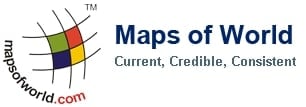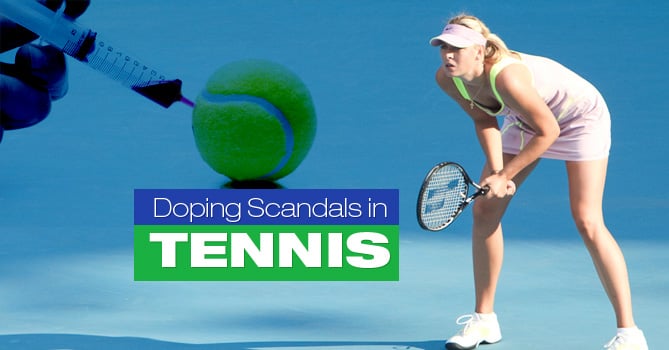Sponsors are severing ties with Maria Sharapova. This new development comes close on the heels of the tennis star’s announcement that she had failed a drugs test at the Australian Open. The press conferences on March 7 was one of the very few ones when the 28-year-old Russian seemed at unease. The entire world watched the highest-paid female athlete admitting to have tested positive for meldonium in January. There had been abrupt pauses in her few-minutes long speech.
Reactions from Tennis Fraternity
While the world at large is shocked at Sharapova’s revelations, her peers in the tennis fraternity were not in hurry to jump into any conclusion. Although not many rallied in her support, yet they found it wise to listen to her version. Serena Williams reposed her faith on integrity of Sharapova when she said, “She’s ready to take full responsibility and I think that showed a lot of courage and a lot of heart.”
Russian Tennis Federation president Shamil Tarpishchev was in no mood to ascribe any seriousness into the developments by calling it “just a load of nonsense.” Sounding optimistic about Sharapova’s prospects of playing at the 2016 Rio Olympics, he defended the tennis star by adding, “The sportsmen take what they are given by the physiotherapists and doctors.”
What is Meldonium?
Meldonium, the substance that has been recently banned by the World Anti-Doping Agency (WADA), boosts blood flow and enhances athletic performance. Although it is widely available in Eastern Europe, the US has not approved it for general use.
What Did Sharapova Have to Say in Her Defense?
During the press conference in Los Angeles on Monday, Sharapova announced that she had been taking meldonium for a decade to treat diabetes and low magnesium. She also threw weight to her story by claiming that she took meldonium after her “family doctor” prescribed it to her. Sharapova’s final strong defense, which might sound lame to many, was that she had not read an email informing her that meldonium was illegal for use in sport. Former U.S. Olympic swimmer Aaron Peirsol stood by Sharapova’s claim and said that there was some confusion over meldonium and the substance wasn’t illegal even until the beginning of 2016.
No matter what Sharapova says in her defense, she has to admit the fact that it was her responsibility to know which drug is being included on the banned list. As per the recent developments, she has accepted provisional suspension. Moreover, she can face a one-year ban and be prevented from playing at the Rio Olympics 2016.
Doping Cases in Tennis are Not New
Greg Rusedski: He was one of the first tennis players to be involved in doping. In 2003, the British number one tested positive for steroid nandrolone. However, the tribunal ruled in his favor stating that
he had taken the drug inadvertently through pills given to him by ATP trainers.
Martina Hingis: Within two years of her comeback in 2005, Hingis was embroiled in a doping scandal when she was tested positive for a metabolite of cocaine at Wimbledon. She was suspended from tennis for two years. Her another comeback in 2013 proved to be a good decision. Presently, she is ranked number one in doubles.
Wayne Odesnik: Odesnik has been a habitual offender. After the American tennis player pleaded guilty (March 2010) of importing human growth hormone into Australia and suspended for two years, he was again banned in 2016, and that too, for 15 years. This time, he tested positive for several banned substances.
Andre Agassi: After the champion player confessed in his autobiography that he had failed a test in 1997 after taking crystal meth, the entire tennis world was upset with the tennis legend. He also revealed in his book how he lied to tennis authorities (ATP) to escape punishment and how the failed test remained a secret during his career.
Marin Cilic: It was a comeback story for the Croatian who was banned for nine months in 2013 after the International Tennis Federation (ITF) banned stimulant nikethamide was found in a sample. Cilic approached the Court of Arbitration for Sport (CAS) arguing that he had failed the test because he used to taking over-the-counter glucose tablets. His ban was reduced to four months and within next few months, he won his first grand slam title at the US Open.
Also Read:

